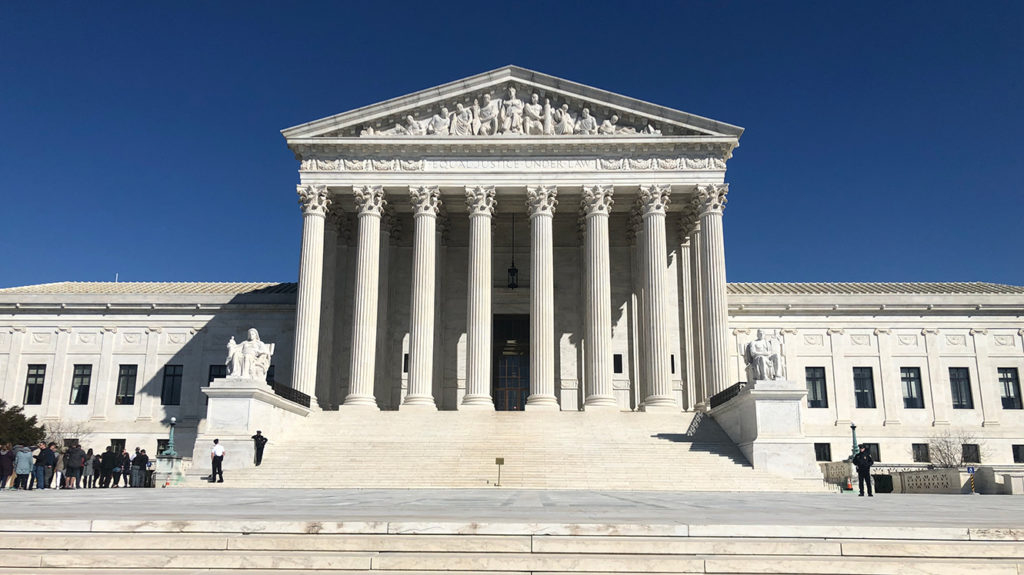WASHINGTON, D.C. - The Supreme Court has made a ruled 6-3 today in the case of 303 Creative et. al. v. Elenis et. al. stating that employees cannot be compelled to create websites for clients whose actions conflict with their religious beliefs.
According to the Supreme Court, the First Amendment prevents Colorado from compelling a website designer to create expressive designs that convey messages the designer disagrees with.
Lorie Smith is the owner of 303 Creative, a graphic design business. Recently, she expressed interest in expanding her business to offer website development services for clients seeking wedding services. However, due to her residence in Colorado, she had concerns about the potential implications of Colorado's Anti-Discrimination Act.
This legislation has been previously utilized to pursue legal action against individuals who identify as Christians. Her worry stemmed from the possibility of being compelled to provide services to clients against her personal convictions.
Click here for the latest news updates and to join the conversation.According to the Supreme Court's opinion, the Colorado Anti-Discrimination Act was written in a manner that encompasses a wide range of public-facing businesses in the State. Colorado has enacted an Act that has broad implications for a wide range of businesses.
The Supreme Court acknowledged that the sexual orientation of the customers was not the central issue and mentioned that Smith had previously provided services to LGBT clients. She chose not to engage in certain areas that conflicted with her religious beliefs, particularly regarding same-sex marriage.
In the ruling, the Supreme Court also cited Smith's statements where she expressed her willingness to provide custom graphics and websites to clients of any sexual orientation. She further mentioned her openness to working with individuals irrespective of factors like race, creed, sexual orientation, and gender.
In a statement regarding the ruling, Kristen Waggoner, President of Alliance Defending Freedom, said that the U.S. Supreme Court has appropriately upheld the principle that individuals cannot be compelled by the government to express beliefs that they do not hold. She believes the court restated that it is considered unconstitutional for the state to exclude certain ideas from the public sphere, even if it disagrees with them, such as the belief that marriage is only between a man and a woman. She said she believes differences in opinion do not necessarily equate to acts of discrimination, and that it is not within the government's jurisdiction to classify speech as discrimination in order to suppress it.
Justices Neil Gorsuch, John Roberts, Clarence Thomas, Samuel Alito, Brett Kavanaugh, and Amy Coney Barrett supported the ruling, while Justices Sonia Sotomayor, Elena Kagan, and Ketanji Brown Jackson expressed dissent.




0 Comments